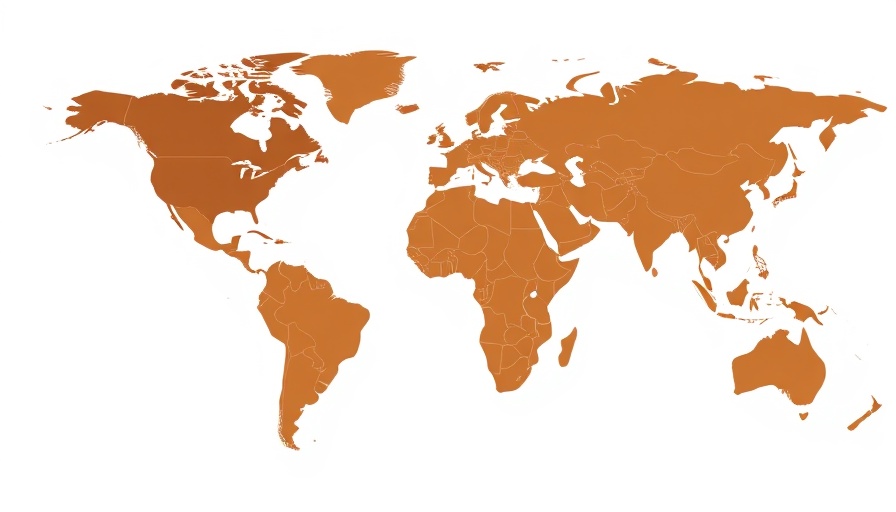
The Importance of Sustainable Financing in Global Health
The World Health Organization (WHO) plays a critical role in guiding global health policies and interventions that impact nations worldwide. However, achieving these goals requires a robust and predictable financing model. The upcoming High-level pledging event scheduled for May 20, 2025, at the Palais des Nations aims to address this vital issue. Delegates from member countries, donors, and health partners will gather to discuss funding mechanisms that can empower WHO to fulfill its core mandate effectively.
Why WHO Needs Sustainable Financing
In an era defined by health crises and emerging disease outbreaks, stable funding becomes a cornerstone for any organization focused on health. According to WHO, predictable financial resources enable them to respond promptly to health emergencies, support national health priorities, and ensure that investments translate into tangible impacts. The COVID-19 pandemic highlighted the importance of a strong health infrastructure, and commitment at the country level is essential for preventing future crises.
Global Trends in Health Financing
Globally, health financing models are evolving to meet unprecedented challenges. With pandemics like COVID-19 revealing cracks in health systems, there’s an urgent need to rethink resource allocation. According to various health reports, governments increasingly recognize that a sustainable approach to health financing must incorporate not just funding but also partnerships and community involvement. A focus on alternative health options and preventative measures can pave the way to a healthier society.
Learning From Past Health Crises
The lessons learned from the COVID-19 outbreak are invaluable. During the crisis, swift responses from organizations like WHO significantly curtailed the spread in many nations. However, without the support of sustainable financing, such initiatives could falter in the future. National health priorities must be aligned with global goals to create a coordinated response that benefits everyone. By investing in WHO, nations invest in their own future health outcomes.
Predictions for the Future of Health Financing
Experts predict that the landscape of health financing will continue to shift, emphasizing the need for innovative solutions that engage private sectors and philanthropic entities. As public interest in health issues rises—including concerns about pollution, ocean health, and deforestation—there’s hope that broader funding sources will emerge. Aligning environmental policies with health strategies will not only reduce global health risks but also promote sustainable living practices.
Practical Steps for Individuals
For individuals looking to engage with these global issues, understanding the link between sustainability and health can guide personal choices. Opting for sustainable products, advocating for health and environmental policies, and spreading awareness around these topics can contribute to a larger collective impact. Consider participating in community health initiatives or supporting organizations that prioritize sustainable health practices.
Get Involved: The Call to Action
As the WHO prepares for this crucial event, it’s important for individuals to stay informed and engaged. Monitoring developments in global disease outbreaks and environmental policies can empower us to make informed decisions. Whether through attending events or supporting health organizations, every action counts toward a healthier and more sustainable future. Visit the WHO website to learn more and find ways to contribute.
 Add Row
Add Row  Add
Add 




Write A Comment